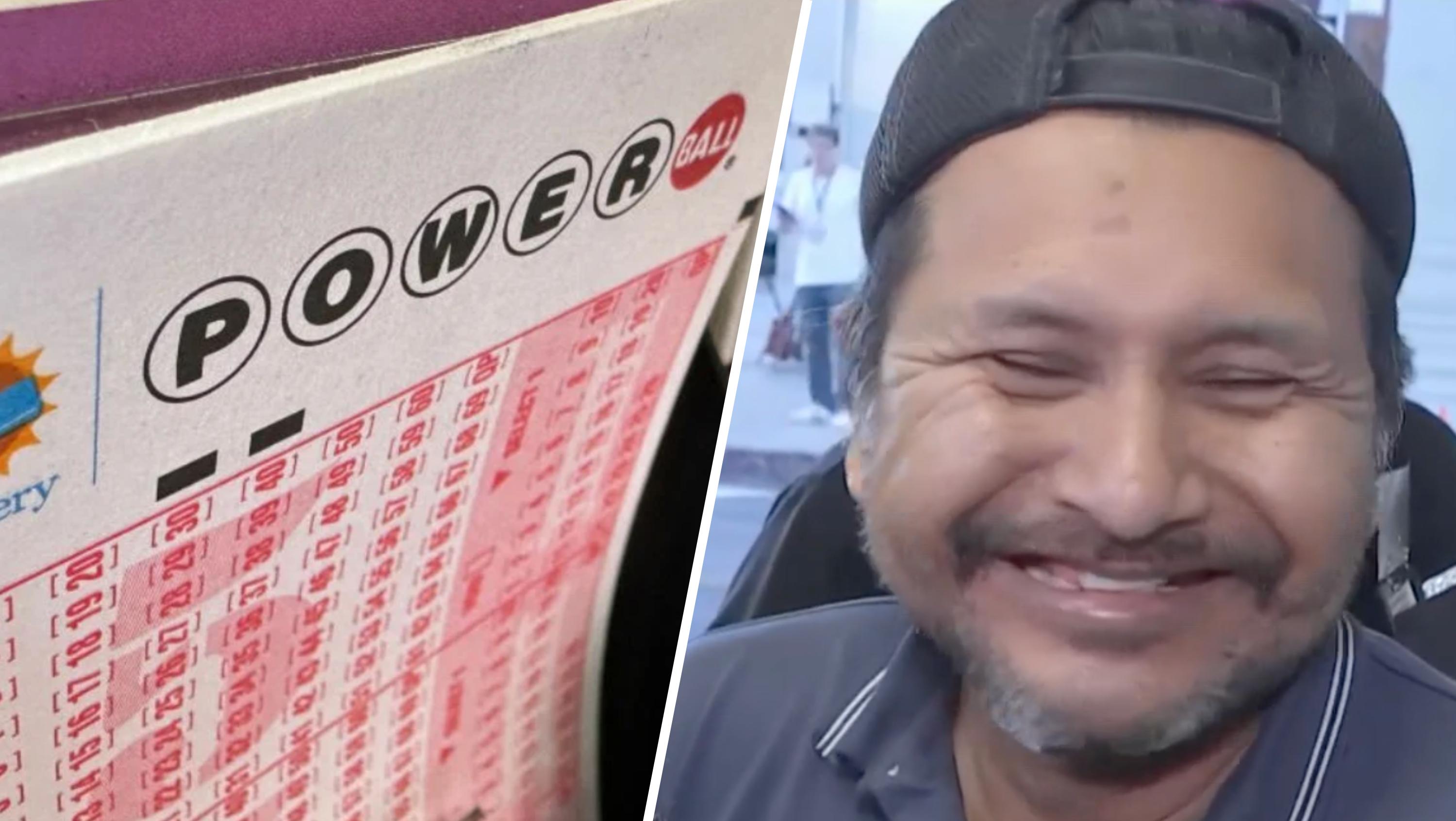
The lottery is a big business that generates billions of dollars every year for state coffers. Many people play for fun and others believe it is their only hope of a better life. But the odds of winning are incredibly low. So, why do so many people keep spending a small amount each week on these tickets with the hope that they’ll win a huge sum?
Lottery tickets aren’t cheap. They cost far more than they pay out in prizes, and the money that remains covers operating costs and advertising. This leads to the classic adage that “the house always wins.” But, it’s not as simple as that because the lottery system is complicated. It depends on a strange behavioral quirk that makes people willing to spend a large amount for a chance at a much smaller gain.
This behavior can be explained by decision models based on expected value maximization, but more general utility functions that consider things other than the lottery prizes can also account for ticket purchases. Regardless of the reason, there are certain states where you should be less likely to buy a ticket than others.
The idea of hitting the jackpot has captivated humanity for centuries. In the Old Testament, Moses was instructed to draw lots to divide land among his people and the Roman emperors used lotteries to give away slaves and property. But the modern game of chance has a much more sinister side. The lottery dangles the dream of instant riches to people living in a time of economic inequality and limited social mobility.